To get the 10% discount, use code: FMP213. Below i have given you the details for the 4 conferences.
- ESG, SRI & Impact Investing Summit- https://www.frallc.com/conference.aspx?ccode=B954
- Liquid Alts 2015 - https://www.frallc.com/conference.aspx?ccode=B958
- The 19th Sub-Advised Funds Forum- https://www.frallc.com/conference.aspx?ccode=B951
- Smart Beta 2.0 - https://www.frallc.com/conference.aspx?ccode=B959
ESG, SRI, & Impact Investing Summit will take place on March 30-31, 2015 in New York, NY.Socially responsible investing (SRI), environmental, social and governance (ESG), and impact investing assets are expected to more than double over the next decade.
The 19th Sub-Advised Funds Forum will take place on April 22-23, 2015 in Boston, MA. This is a good educational conference for the sub-advisory and gate-keeping communities. The event is great for networking and starting up business relationships. Network with some of the best and brightest managers, decision-makers and research specialists. This is probably the most important sub-advisory event in the U.S.
And for the first time in the industry, we have Smart Beta 2.0, May 20-21, 2015 to take place in New York, NY. This timely topic is selling ETFs and indexes. It is a very real but also controversial topic -- yet will cover all the latest issues related to to it. It is the only conference on smart beta in the world. Tell folks about it.
Another interesting conference is Liquid Alts 2015 in April 20-21, 2015 in New York, NY.Get exclusive intel on fund structures & allocation strategies plus distribution opportunities, etc. Liquid alternatives continues to be the better choice for investors who are afraid of going totally alternative or hard alternative -- into commodities and real estate. This theme has been selling funds, and gatekeepers are looking for good managers.
That is all for now. Contact me if you have questions. See you there.
Yours truly,
Rob Ivanoff
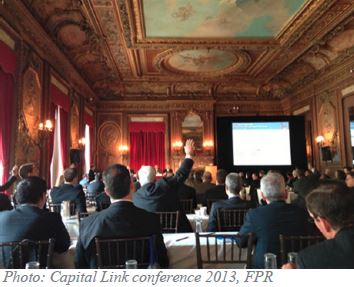
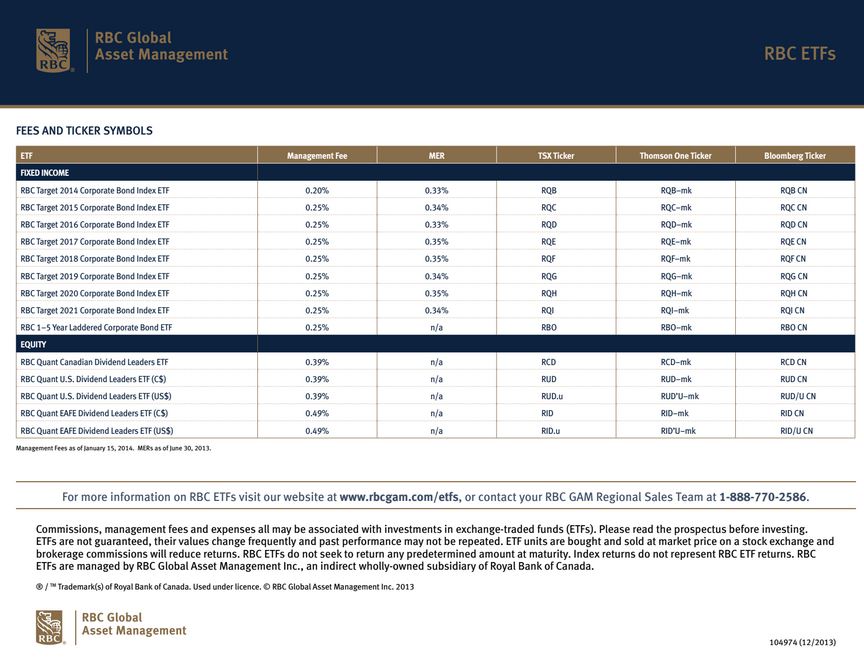

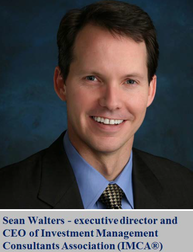
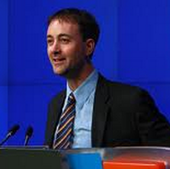
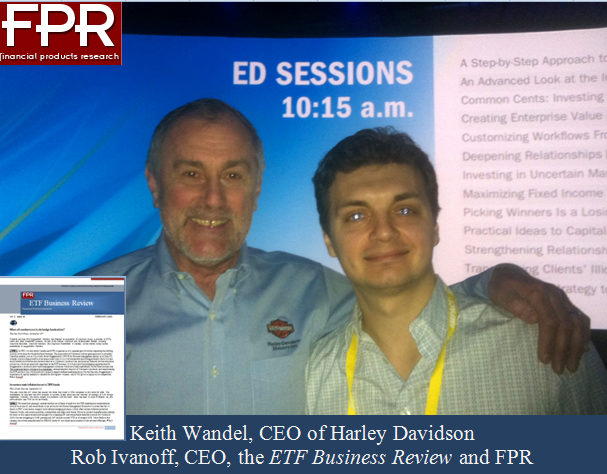
 RSS Feed
RSS Feed